Bengal cats are some of the most beautiful, exotic-looking, intelligent and playful breeds out there. As such, they deserve special treatment – lots of playtime, cuddles, and, of course, good food. Although Bengals, like all cats, thrive on protein-rich, good-quality cat food, they have their unique needs and preferences and it’s wise to stick close to them to ensure your cat is being properly nourished. If you want only the best for your Bengal in terms of there diet, you should focus on protein-rich, filler-free, foods that clearly state “NUTRITIONALLY COMPLETE” within the label ingredient. Cat foods that are packed with high quality protein and healthy fats. Rest-assured, this does not mean you need to buy the most expensive or popular brands – just read the labels same as you would for your own family’s nutrition.
We introduce solid from around three to four weeks of age, based on there natural weening process. Special kitten wet and dry food is always recommended as these have been specifically designed to meet the special nutritional demands of a young growing kitten.
Here at Bougie Bengal Kittens a strong nutritional start is important and a key focus to a well balance digestive system. Appealing appearance and taste is also very important.
We start our adults & growing Kittens as they transition on a combination of the following wet and dry food options based on there palate & texture preference:
Wet food:
-
Weruva Hand Shredded Variety Pack
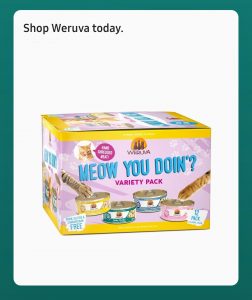
- Paw Lickin’ Chicken
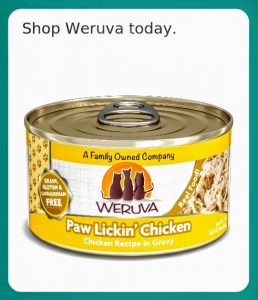
- Authority Chicken & Liver Entree Kitten Paté Canned Cat Food
- Merrick Purrfect Bistro Grain-Free Paté Canned Cat Food
- Berkeley Jensen Beef & Poultry in Gravy Dinner
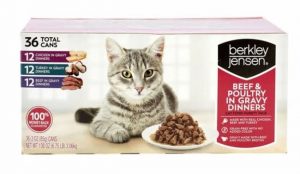
- Friskies Chicken Lovers Variety Pack
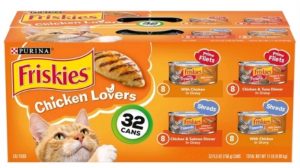
- Shredded & Prime Fillets
- Friskies Poultry Paté Variety Pack
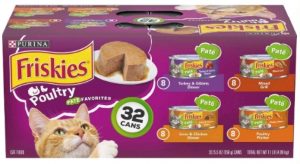
Dry food:
- Purina Kitten Chow Naturals Dry Cat Food
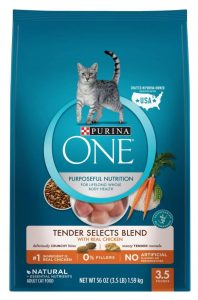
- Purina One Tender Select Blend With Real Chicken
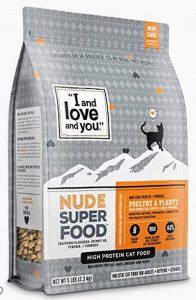
- I And Love And You
Nude Super Food
Poultry & Plenty
*GREAT FOR DIGESTIVE HEALTH
Depending on your cat’s health status and specific nutritional needs, a diet with grain may be better than one without. Here’s the bottom line: There is no conclusive evidence that whole grains are harmful to the general cat population. Actually, there is no credible evidence showing that grain-free diets are better for cats, nor do any nutritional foundations support this claim. In fact, some cats can develop health concerns when eating certain grain-free diets (especially dry formulations).
When they reach 3-4 months old, these “5-generations from the wild” felines tend to like shredded or chunky consistent food. Switching cat foods can be challenging but it doesn’t have to be. Gradually decrease the amount of the current cat food while increasing the amount of new cat food. Continue to do this over a 7-day period. Transitioning slowly can result in fewer digestive issues and better acceptance of the new cat food.
We traditionally have dry food available at all times. We provide WET food in a small portion twice a day, breakfast and dinner in the beginning. Phasing eventually to just dinner once a day at a specific set time. Figuring out your individual companion’s favorites and dislikes will come naturally as you bond – trust us, they will let you know! Especially the set time.
Please click on the following link for more information
Very Important:
There are lots of tasty human foods that can make your cat very ill. Any food not specifically designed for cats can affect the digestive system, causing vomiting, diarrhea, or loss of appetite.
Foods that cats can’t eat include:
- Alcohol
- Chocolate
- Tea, coffee and energy drinks
- Cheese and milk
- Fat trimmings
- Raw eggs, raw meat and raw fish
- Grapes and raisins
- Onions and garlic
- Xylitol
Please click on the following link for more information





